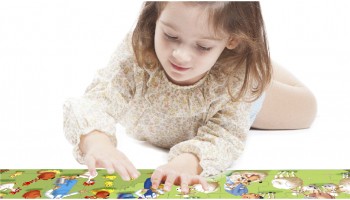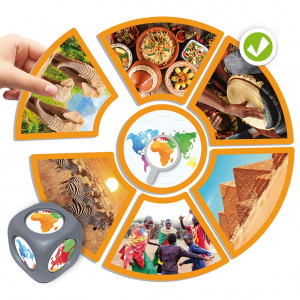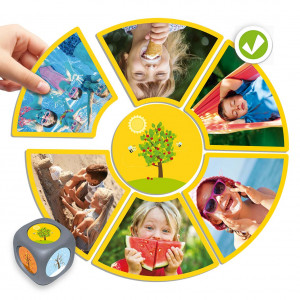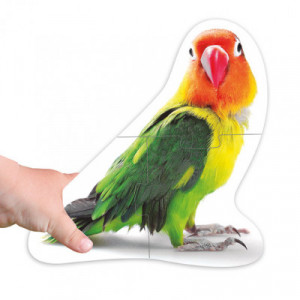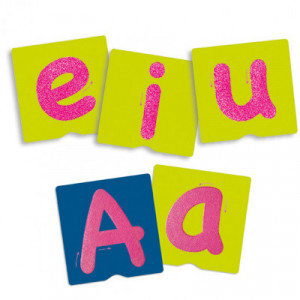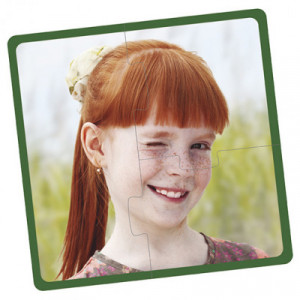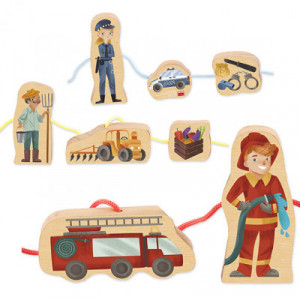Games by age groups
Are you looking for games for children of a certain age? Here you will find all our games organized by age, so you can choose the one that best suits your needs.
We also have games aimed at older people, so that they can put their skills into practice and continue to solve new challenges. We can always learn something new!

Get to know the educational games by age
When choosing a game it is crucial to consider the age of the child for whom it is intended. A toy for an older age group may make the child uncomfortable, otherwise it may be too simple to play with and the child may become bored. Age recommendations in the toy instructions should be followed to avoid these situations. The choice of the toy must also be oriented to positively support the child's development, understood from the most varied points of view: from psychophysical to cognitive maturation, as well as emotional and social. Fun and Invitation: These games will arouse children's curiosity and guide them towards continuous discoveries.
Games from zero to two years old
Younger children are curious and have an unstoppable desire to discover their surroundings. Babies need functional games that allow them to manipulate objects. From birth to four months the baby does not play, but reacts by reflex, until he learns to repeat movements as he likes. Around the time of the baby's first birthday, he or she interacts with the games to achieve a certain goal. By the age of one, she gains expertise in toy handling and experiences new movements.
By the age of two, the child reflects before activating the toy, because he knows the effects of his actions with it. By the age of two, children already have a certain vocabulary and, as they gained motor skills, begin to explore their environment and imitate adults. Games for 2-year-olds are important from a pedagogical point of view. By stimulating development, the toy will guide children in their experiences and encourage their creativity and imagination.
Games for children over two years old
In the age range of two to six years, children begin to use symbolic thinking and introduce games that imitate real life objects, situations and people into their play catalog. Craft sets serve to unleash the creativity they treasure. These are games such as Smuzy moldable paste, or puzzles, in addition to all those that incorporate building blocks.
Imaginative games take advantage of the fact that children already understand the symbols and ideas that represent objects. These are games that use puppets or dolls, or in which children imitate or pretend to be someone or something. The benefit of enhancing the evocative capacity is evident in the child's life when he or she is capable of inventing different solutions to the same problem by himself or herself.

